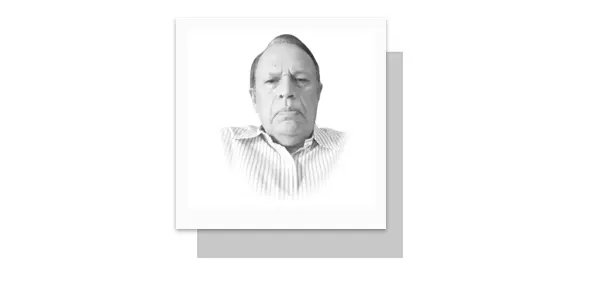The Supreme Judicial Council of Pakistan, in exercise of powers under Article209(8) of the Constitution of Pakistan issued a Code of Conduct dated 2nd September 2009, which was to be observed by Judges of SCP and HCs in performance of their judicial functions. All judges were required to follow it, in letter and spirit, so that Justice is not only done, but seen to be done. Our Judiciary is required to work in accordance with laws enacted by legislature and strictly within confines of constitution. They are expected, as per oath of office, they take on assumption of their constitutional roles, to follow internationally accepted code of ethics and their own Code of Conduct. They, in my humble opinion, do not have the luxury to assume unto themselves role of traditional Jirga System where decisions are based on whims of the majority, political affiliations, tribal customs, etc., instead of constitution and written laws.
Unfortunately, Pakistan’s judiciary, ever since the 1955 Maulvi Tamizuddin Case, has a tarnished history, where they have transgressed their judicial role in regularizing gross irregularities, citing Doctrine of Necessity, to appease supra constitutional acts of dictators, both uniformed and civil. In most cases, these judges themselves, realizing the grievous transgressions from internationally accepted judicial norms, themselves declare these judgment “Not to be Reported”. The recent judgment by 3member bench, concerning the audio leaks, headed by CJP is one such decision, which they themselves considered not fit for reporting.
The SJC Code of Conduct clearly states in Article-IV that “A judge must decline resolutely to act in a case, involving his own interest, including those of persons whom he/she regards as near relatives, or close friend. A judge must rigidly refrain from entering into or continuing any business dealing, howsoever unimportant it may be, with any party to a case before him. Should the dealing be unavoidable, he/she must discontinue his connection with the case forthwith.
A judge must refuse to deal with any case in which he/she has a connection with one party or its lawyer more than the other, or even with both parties, and their lawyers. To ensure that justice is not only done, but is also seen to be done, a Judge must avoid all possibility of his opinion, or action in any case being swayed by any consideration of personal advantage, either direct or indirect.” The Code of Conduct also restricts the Judge “To employ the influence of his decision to gain undue advantage, whether immediate or future, is a grave fault”, and “Gifts are to be received only from near relatives and close friends, and only such as are customary. Everything in the way of favors, in consequence of the office must be refused”.
In the post 1947 era, one of the most eminent judges of superior judiciary in Pakistan, with an impeccable record of integrity was Justice Alvin Robert Cornelius who served as CJ of Pakistan from 1960 to 1968. In the controversial 1955 judgment given by C J Munir, based on Doctrine of Necessity, Cornelius was the sole dissenter on the 5member bench, the others included the ICS Session Judge who in 1945 gave the judgment to acquire Jinnah Saheb’s House no 53 located in Lahore Cantt under “Défense of India Rules” as per Govt of India Act 1935. There are numerous other ICS officers, laterally inducted into superior judiciary by dictators who were involved in giving controversial judgments, like the judicial murder of ZAB, during the tenure of tyrannical dictator Zia.
Former CJP Cornelius is amongst few exceptions in our superior judiciary, who refused to get the benefit of any plot, allotted to him by federal government. Others succumbed to temptation and greed. After the 2009 SJC Code of Conduct, this temptation should have been resisted. There are still a handful of Judges in our superior judiciary, who have resisted this temptation, and therefore there is hope for improvement and upholding traditions set by likes of AR Cornelius, Kiyani etc. In 1989, during tenure of former PM BB, CDA Islamabad announced allotment of plots through computerized balloting for general public in E12/4, but those who were declared successful still wait for possession in 2023. Similar is the situation in DHA Valley Islamabad a project launched in 2009. The irony is that in the interim period, thousands of members of the paid elite, including judges of superior judiciary, have been given possession of plots by CDA within few years. It seems the conflicts of Interest of our superior judiciary, or mere lack of interest by them, prevents them from taking suo Motu notice of cases involving general public.
———The writer is contributing columnist, based in Lahore.
Email: mtrqa213@gmail.com










